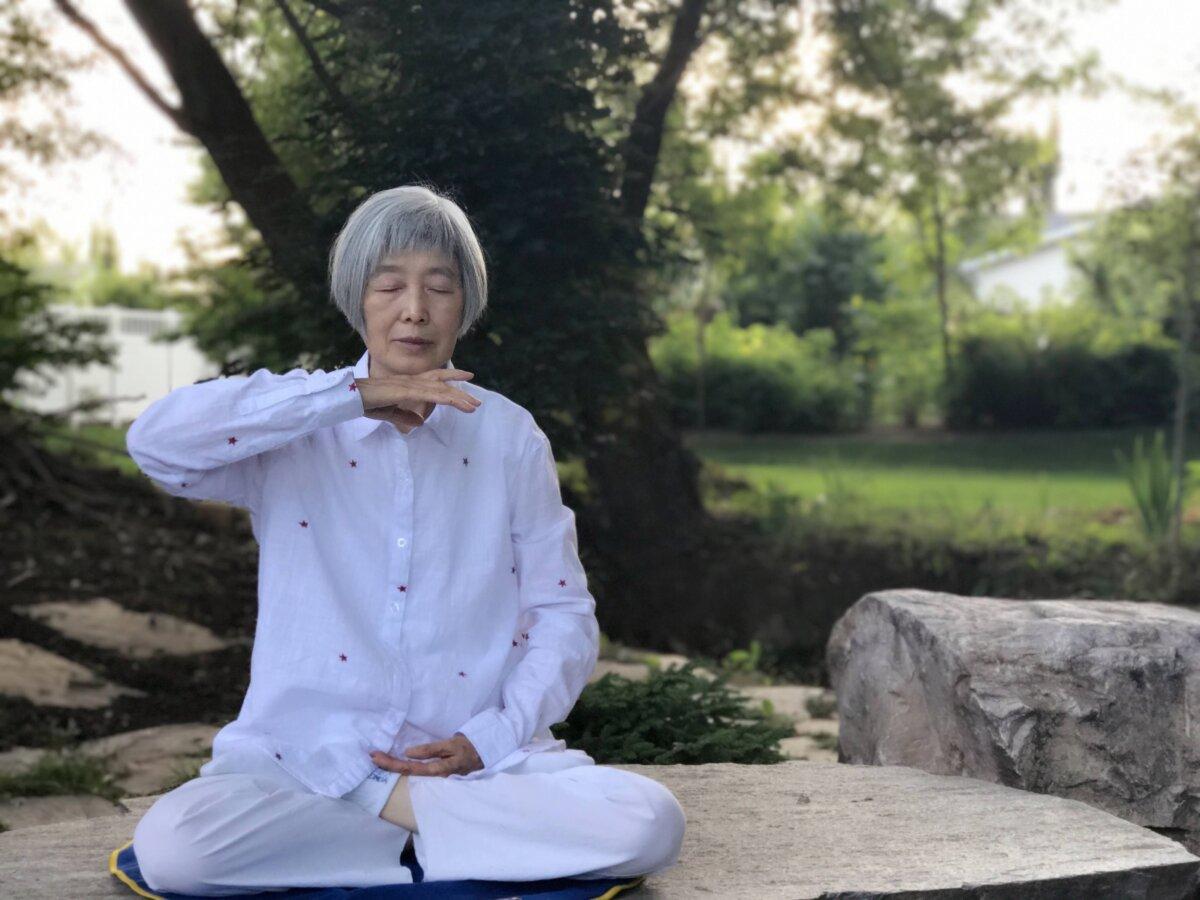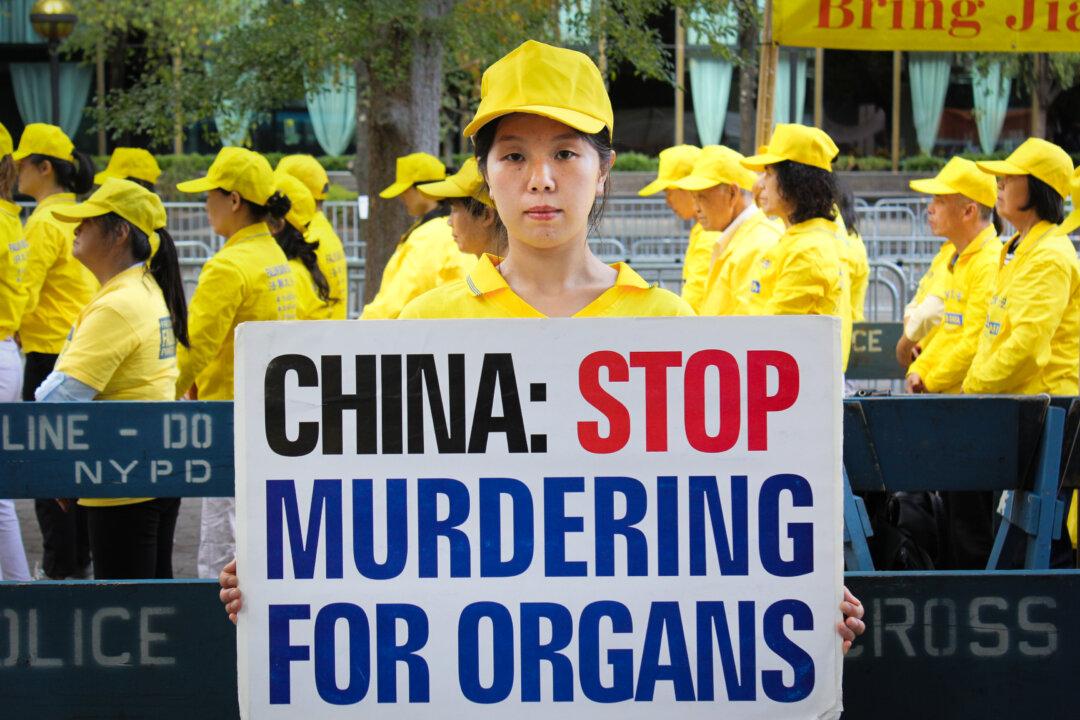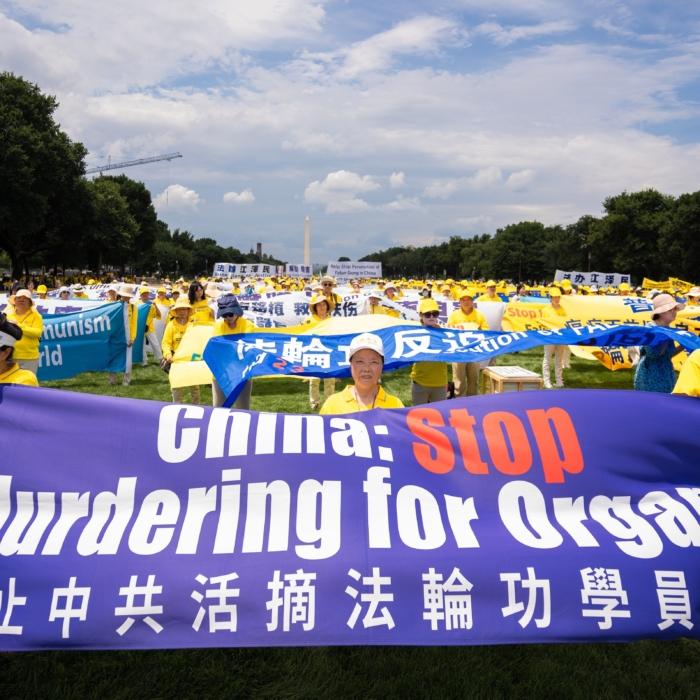Utah’s state legislature has unanimously approved legislation that seeks to combat the bloody practice of forced organ harvesting in communist China, becoming the second U.S. state to do so as the horrors of the abuse gain growing recognition.
S.B. 262, which prohibits health insurers from covering an organ transplant or post-transplant care performed in China, was approved by the Utah House by a vote of 70–0 on March 1 and was signed by the Senate president on the same day. It’s now headed to the governor’s desk.
“[Forced organ harvesting] is a very real hellish nightmare for people, and it’s something that we should be aware of and not be a part of the supply chain for,” state Rep. Candice Pierucci, the bill’s sponsor, said shortly before the March 1 vote.
Utah as a state is “trying to be proactive and be a leader in this space,” she said, because complicity with the Chinese regime’s crimes shouldn’t be tolerated in this country. She noted that Israel, which has “a sensitivity to this” because of the Holocaust, was quick to adopt laws countering the abuse.
The fact that “this terrible practice” is happening outside of the United States means Utah can’t ban it outright, Ms. Pierucci said. “But we can go after the money, and we can go after the dollars that are within our own state.”
State Rep. Norman Thurston, who questioned Ms. Pierucci about the bill’s enforcement logistics, remarked, “I wish we could go further.”
“Sometimes, it’s a trope that we think of, the person in the movies waking up in a motel room missing a kidney. But in these countries, it’s not a trope, it’s a real thing,” he said. “In fact, you don’t wake up missing a kidney, you [end] up dead, missing two kidneys.
“So the more that we can do to come after this through the financial mechanisms, to make sure that we are not using our taxpayer money, or employer money, or any of our insurance money to help support this thing, is better for all of us.”
At a Feb. 21 Utah Senate committee hearing, state resident Sun Changzhen testified that she was one of about 20 Falun Gong practitioners who were targeted for blood tests while imprisoned in a Chinese labor camp for her belief.

The detainees, all women, were taken in an unmarked van in July 2001 for a half-day of physical exams, blood tests, and other medical screening. None of the other regular prisoners went through such testing, according to Ms. Sun.
“In China,” she wrote in a statement that was read during the hearing, “the fate of Falun Dafa practitioners is jail, brutal torture, and even loss of life. The physical and mental damage that I suffered during my illegal imprisonment is beyond language.”
Han Yu, a Falun Gong adherent in New York, said at the hearing that she believes her father was a victim of the regime’s forced organ harvesting.
Ms. Han’s father, Han Junqing, died in a Chinese detention facility in 2004, two months after his arrest for practicing Falun Gong.
The police at the time attributed his death to a heart attack, but Ms. Han “thought it must be a mistake, because he was healthy before his arrest.”
His dead body was “terribly thin and bruised all over,” she said.
“But what shocked me the most were the thick, black stitches from his throat all the way down to his abdomen. We could feel a hard block of ice beneath his skin,” she said.
While police claimed the incision was the result of an autopsy, Ms. Han said her family “never authorized an autopsy.”
When Ms. Han learned about forced organ harvesting three years later, she began to suspect that her father had been killed for his organs.
“That’s why China has such short wait times for organ transplants.”







